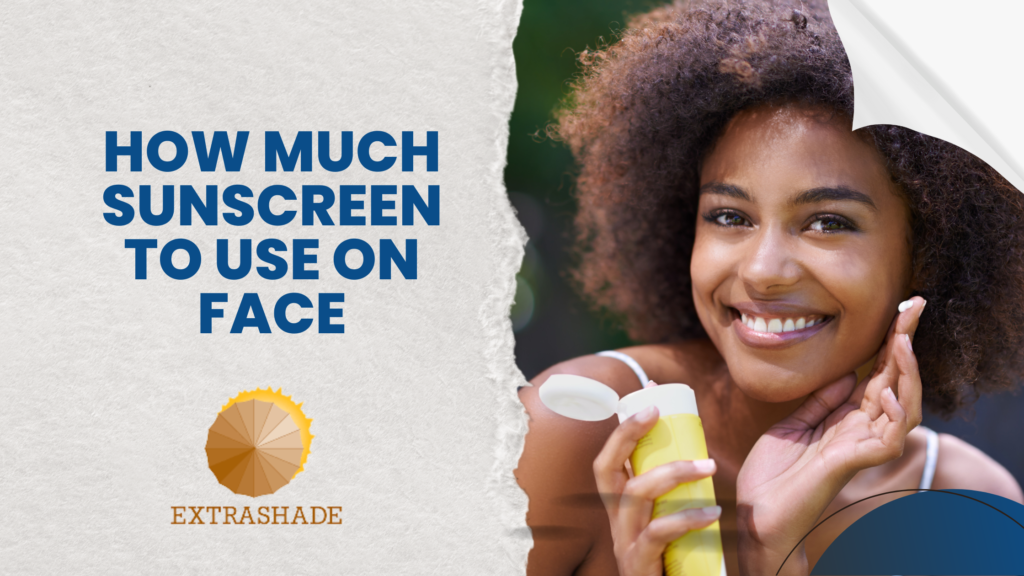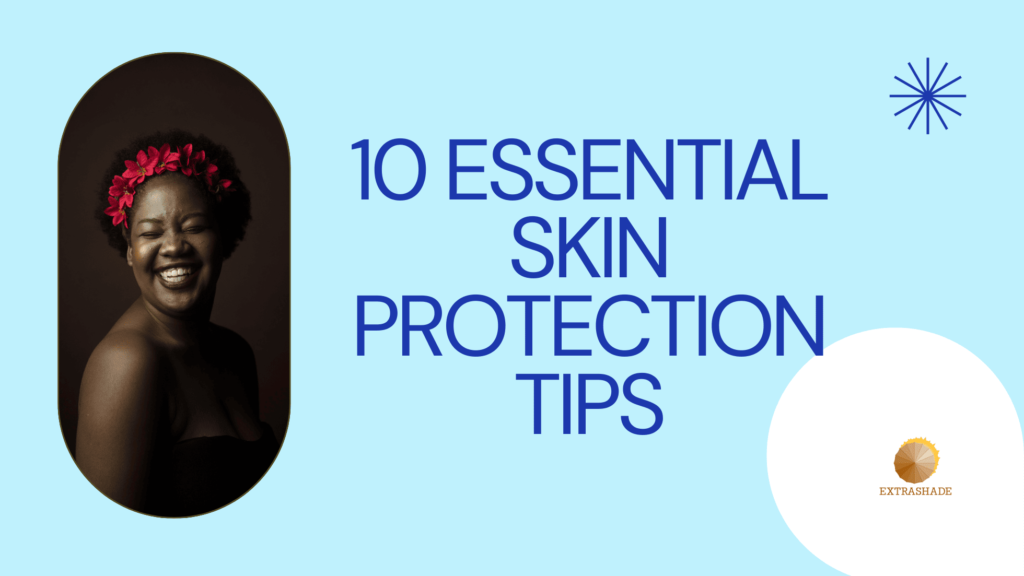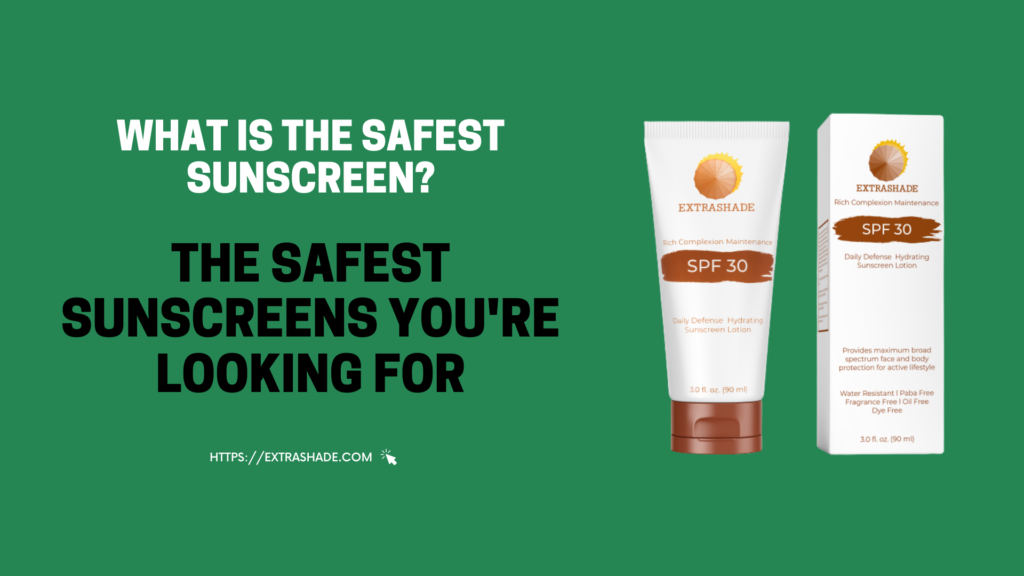If you have a darker skin tone and you are reading this post, it implies that you are probably among those who do not believe the misconception that “olive or dark skinned people don’t need sunscreen.” People with dark complexions usually take sun protection for granted. Your skin is the largest organ on your body and a healthy complexion is a representation of your ability to maintain a healthy lifestyle. To maintain healthy and great looking skin you should be aware of the primary characteristics and problems that are associated with skin of color.
African Americans have darker skin tones because of melanin pigment. It is present in every skin type but its quantities are much higher in African Americans as compared to any other group. Melanin producing cells are highly sensitive and that’s why dark skinned individuals are more prone to many specific skin problems. These problems include Post Inflammatory Hyperpigmentation, eczema, keloids, ingrown hairs and dry or ashy skin.
Post Inflammatory Hyperpigmentation (PIH)
The most common condition in people of color is post-inflammatory hyperpigmentation (PIH). This refers to increased pigmentation or dark spots at the sites of inflammation. Olive and darker skin can scar quite easily and be irritated more easily than lighter skin because darker skin has more sensitive pigment cells that produce more melanin when the skin is injured. This means almost any stimulus – a rash, scratch, pimple, or inflammation – may trigger the production of excess melanin. This is why we often develop blemishes after even minor burns, cuts, rashes and acne. Constant or long-term sun exposure can cause irritation of darker skin tones which, will most always lead to the formation of annoying unattractive blemishes and dark marks- uneven skin tones. The daily use of a broad spectrum sunscreen can prevent the appearance of dark spots and prevent current ones from becoming darker
Keloids
Keloids are thick and darkened scar on the skin. These tissues are formed during the wound-healing process. In order to protect the wound these tissues grow and cover the wound sometimes over growing the wound and result in keloids. This issue is more common among African Americans than any other ethnic group. Keloids are formed after the skin has been injured or a piercing but sometimes even small inflammation caused by acne may lead to the formation of keloids. This is a genetic issue, therefore seeking the help of your dermatologist is the best way to fight and cure keloids.
Eczema
Research conducted by The National Eczema Society has found that people of color are affected more frequently than individuals with lighter complexions. Eczema causes chronic dryness which leads to itchy cracks and splits in the skin near the elbows, the back of the knees and the neck. Eczema is also a hereditary problem and it is difficult to identify in dark skin tones.
It is often confused with fungal or bacterial infections. If someone in your family has been diagnosed with eczema, it is advisable to consult a dermatologist. Eczema can be prevented by using a good moisturizer that is rich in vitamin C.
Ingrown Hair or Razor Bumps
Due to the curly hair shaft of African Americans, hair often bend back and re-enter the skin, especially after it’s been shaved or cut. Sometimes it gets trapped under the skin and causes inflammation and irritation. In some cases inflammation caused by ingrown hair can lead to Post Inflammatory Pigmentation. This problem is faced equally by black men and women after shaving or hair removal by threading, waxing or tweezing. Ingrown hair or razor bumps can be prevented by using a double or triple blade razor and using a lotion with Salicylic acid. Salicylic acid penetrates deep into the skin and hair follicle and prevents the hair from curving back and clogging in the skin.
Dry and Ashy Skin
All the skin types are susceptible to get dry. But the skin forms a gray or ashy appearance on naturally dark skin tones. This happens when body gets rid of the dead skin cells. Dead skin removal is a natural process that takes place in all skin types; however in skin of color it is more noticeable. Regular use of moisturizers with soap bark extracts and a gentle scrub will help reduce the dryness.
Darker skin may react in finicky ways, depending on how it’s handled, to certain products, to exposure, to the environment. It needs a gentle touch and absence of irritating ingredients. EXTRASHADE sunscreen is a lavish mix that works synergistically to control and enhance the effects of Melanin; pomegranate, a powerful antioxidant, extracts of coconut, hibiscus rosa-sinensis, and kiwi are also present in the products to create the perfect mix to help maintain optimum hydration levels and soothe inflammation.
To maintain healthy and great looking skin use EXTRSHADE’s Daily Moisturizing Sunscreen.




